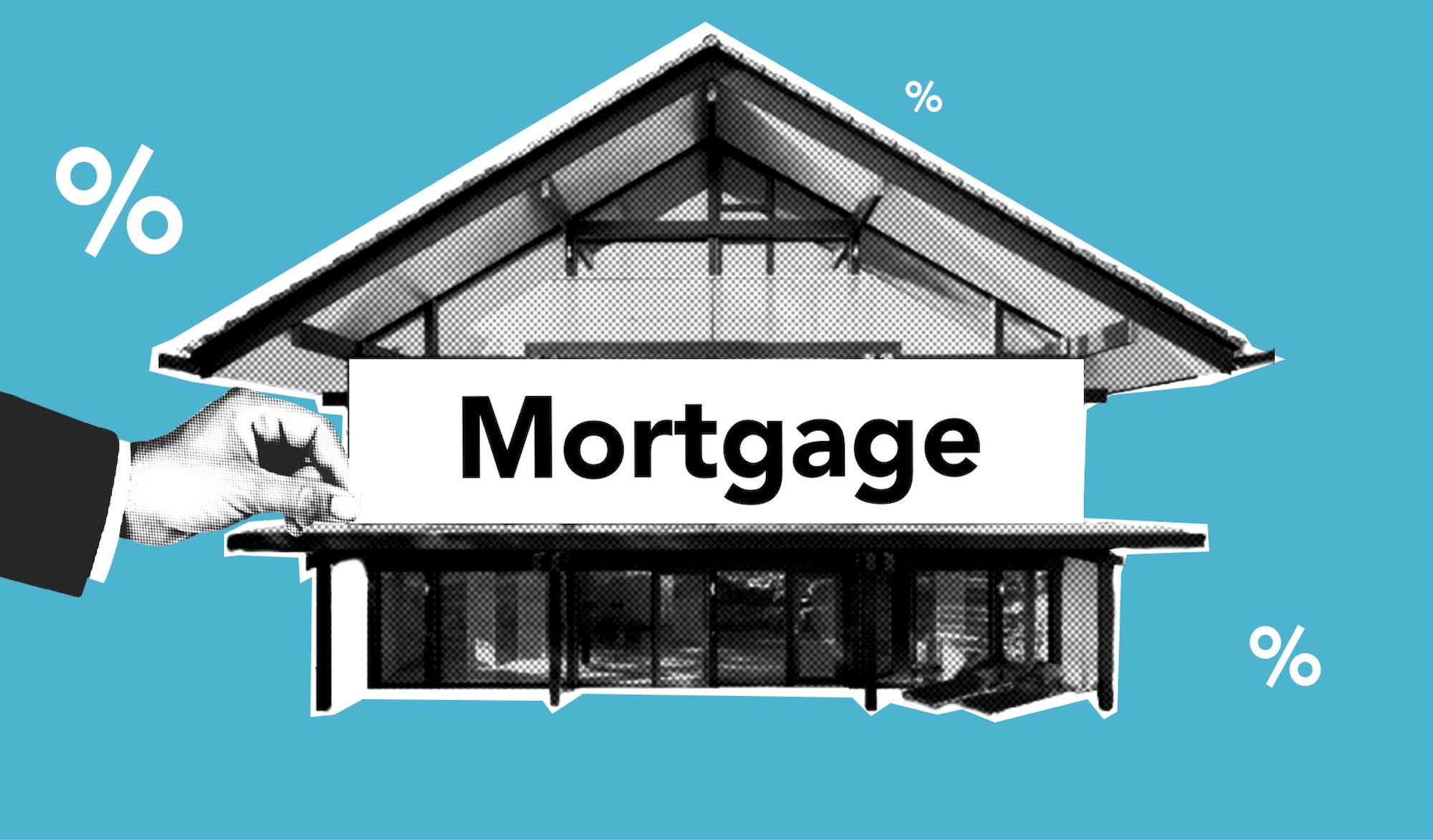Over a third (36%) of people in regulated firms stated they "can’t trust" electronic ID verification, instead relying on manual checks, SmartSearch has found.
The anti-money laundering firm said that this distrust in electronic verification opens the door to financial crime.
This statistic comes as part of its annual survey of 500 compliance stakeholders.
SmartSearch found that the number of people stating they don’t trust technology has doubled since the 2022 survey, with 18% of professionals discounting it.
Technical director at SmartSearch, Fraser Mitchell, said: "This indicates a significant dip in trust for electronic ID verification technology. And yet it is recommended as part of the due diligence process in the Money Laundering and Terrorist Finance Act 2020. We believe many regulated firms may be unaware of this advice, hence the mistrust. In the meantime, criminal gangs are washing billions through the UK’s financial systems. It’s a real concern."
The survey revealed that in regulated firms, including accountancy, property, financial and legal services, 87% of those who use manual methods of ID verification were "naively confident" that they could identify a fake document such as a passport, driving licence or utility bill.
This confidence varied across the four sectors, with nearly all of those surveyed from the financial (95%) and property (94%) sectors saying they could confidently spot a fake document. It dropped in the accountancy and legal sectors, which saw 81% and 68% express their confidence respectively.
Furthermore, the survey uncovered that two in five (40%) compliance stakeholders said they don’t trust the electronic verification technology, double the number of who stated their distrust in 2022 (20%).
This theme was echoed across the other sectors, with more than half (56%) in the property sector saying they did not trust the technology, a yearly increase of nearly five times from 2022 (13%), and a quarter (25%) of compliance stakeholders.
However, the trust in electronic ID verification within the legal sector only dropped 3% year-on-year, with 23% of legal professionals mistrusting electronic methods.
General counsel at SmartSearch, Nicola Gifford, added: "Due diligence processes are critical to helping regulated firms mitigate risk – both financial and reputational. So it is important that we help engender trust in electronic ID verification within these businesses."
Latest News
-
Average UK house price surpasses £300k – Halifax
-
Bank of England holds base rate at 3.75%
-
Mortgage Advice Bureau acquires Dashly
-
Bridging loans fall to lowest average completion time in eight years
-
Regulators announce first six firms to join ‘Scale-Up Unit’
-
House prices recover month-on-month in January – Nationwide
Perenna and the long-term fixed mortgage market

Content editor, Dan McGrath, spoke to head of product, proposition and distribution at Perenna, John Davison, to explore the long-term fixed mortgage market, the role that Perenna plays in this sector and the impact of the recent Autumn Budget
The role of the bridging market and technology usage in the industry
Content editor, Dan McGrath, sat down with chief operating officer at Black & White Bridging, Damien Druce, and head of development finance at Empire Global Finance, Pete Williams, to explore the role of the bridging sector, the role of AI across the industry and how the property market has fared in the Labour Government’s first year in office.
NEW BUILD IN FOCUS - NEW EPISODE OF THE MORTGAGE INSIDER PODCAST, OUT NOW

Figures from the National House-Building Council saw Q1 2025 register a 36% increase in new homes built across the UK compared with the same period last year, representing a striking development for the first-time buyer market. But with the higher cost of building, ongoing planning challenges and new and changing regulations, how sustainable is this growth? And what does it mean for brokers?
Does the North-South divide still exist in the UK housing market?

What do the most expensive parts of the country reveal about shifting demand? And why is the Manchester housing market now outperforming many southern counterparts?
In this episode of the Barclays Mortgage Insider Podcast, host Phil Spencer is joined by Lucian Cook, Head of Research at Savills, and Ross Jones, founder of Home Financial and Evolve Commercial Finance, to explore how regional trends are redefining the UK housing, mortgage and buy-to-let markets.
In this episode of the Barclays Mortgage Insider Podcast, host Phil Spencer is joined by Lucian Cook, Head of Research at Savills, and Ross Jones, founder of Home Financial and Evolve Commercial Finance, to explore how regional trends are redefining the UK housing, mortgage and buy-to-let markets.
© 2019 Perspective Publishing Privacy & Cookies










Recent Stories